What Got Hong Kong Protesting?: Opposition to the Extradition Law and the “Lion Rock Spirit”
Written by Chloe Chan.
On June 16, hundreds of thousands of Hong Kong citizens took part in a protest against a proposed extradition law. According to the organizer, Civil Human Rights Front, nearly two million people participated. If this number is accurate, considering Hong Kong has a population of around seven million people, then one out of every three and a half Hong Kong citizens joined the protest.
Regardless of the accuracy of this mind-blowing figure, this protest is still marked as one of the largest demonstrations in Hong Kong history. So why are Hong Kong citizens so outraged by the extradition bill?
Even though Hong Kong has officially been part of China since 1997, it has remained a self-governing special administrative region under the “one country, two systems” policy. China guaranteed Hong Kong a high degree of autonomy for 50 years, allowing the region to remain as an independent city, separate from China’s communist ideology. With such a safeguard, Hongkongers are able to defend their freedom.
In February 2019, the Hong Kong government launched a proposal regarding the extradition of suspects to different countries, including extradition from Hong Kong to mainland China. The birth of this proposal began with the case of a Hong Kong citizen who murdered his girlfriend in Taiwan. The authorities failed to send the criminal to Taiwan for trial due to the limitation of the existing extradition law – this later was seen as an excuse for the Chinese central government to take further control over Hong Kong by introducing the new extradition law.
There is a concern that if the bill is passed, when a human rights activist or anyone against the ruling communist party escapes from mainland China to Hong Kong, they could be arrested and sent directly to the mainland without the need to go through any trial in Hong Kong’s courts. Hence, such a law is being judged as a deprivation of autonomy and, what is more, Hongkongers fear for the loss of freedom of speech as well as personal liberties.
Some people may judge that Hongkongers have overreacted or are too sensitive towards the bill. However, the protest is definitely not aimed to separate Hong Kong and China, but instead is a voice for freedom and a widespread message of democracy. It is about ensuring that citizens are able to continuously enjoy political rights such as freedom of speech.
To trace back to what made Hongkongers tough and fearless in fighting for civil rights, we can look at the “Lion Rock Spirit,” a value that has been passed from generation to generation in Hong Kong.
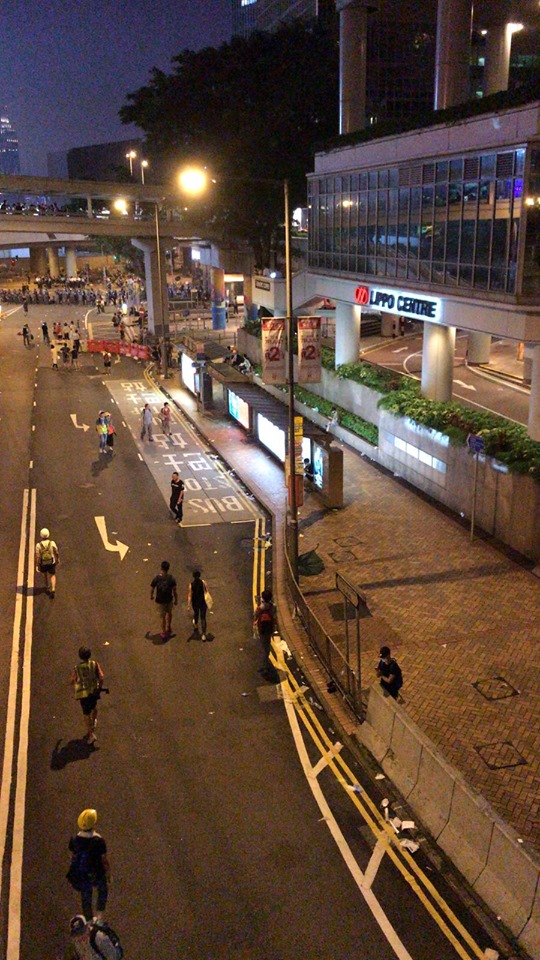
The term “Lion Rock Spirit” came from the TV series Below the Lion Rock in the 1970s. The TV series portrays the beautiful qualities of the working class in Hong Kong during the tough economic period after World War II – perseverant and able to advance bravely. This term is still being widely used and has become the identity of Hong Kong citizens. Recently, the “Lion Rock Spirit” has embodied meanings of more than solidarity, including the values of democracy and justice.
In April 2019, I participated in a dark tour in Gwangju. At that time, I first heard of the term “Gwangju Spirit.” I was told that it is a core value of Gwangju citizens and what made Gwangju people brave enough to fight for independence while facing furious Japanese soldiers and to confront the martial law forces during the Gwangju Uprising. These dark histories have refined Gwangju and pushed it forward. Hong Kong has also endured the Asian Financial Crisis and the SARS epidemic, both of which reshaped Hong Kong and led Hong Kong in a new direction.
I soon realized that upholding the spirit of indigenousness can be influential and drive people to seek what is truly important for their homeland. It can influence citizens to fight for their rights by making visible changes in society.
There was a Cantonese pop song called “Egg and Lamb” that was quite popular during the Hong Kong Umbrella Movement in 2014. I have translated part of the lyrics that depict a modernized “Lion Rock Spirit”:
“Group A, be an egg crashing on the wall / Not afraid of ending heroically, we will never give in / Group B, be a lamb stuck on a ranch for the rest of our lives / How to choose between these two options? / It is time to decide / Keep dragging on, or we will end up terribly /”
This song may also explain the mentality of Hongkongers when they decided to go to the streets for large-scale protesting. Even being as fragile as an egg confronting a solid wall, we will never lose our pride for defending our rights and freedom.
Photographs by Natalie Leung and Lawrence Fung.
The Author
Originally from Hong Kong, Chloe Chan is currently volunteering at the Gwangju Trauma Center and is busy preparing for her master’s degree in NGOs at Chonnam University.


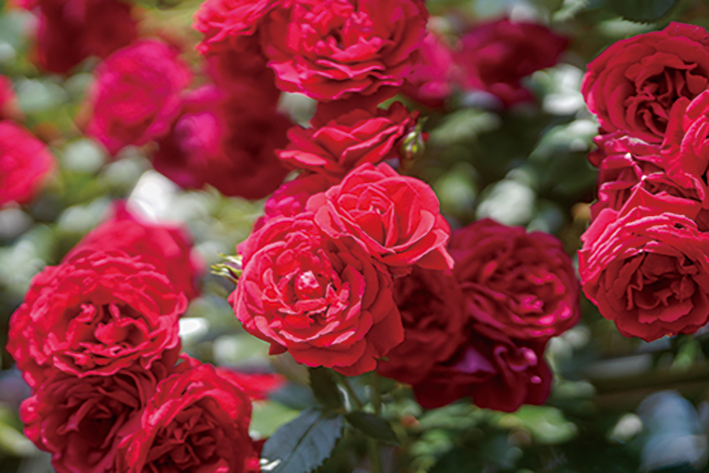

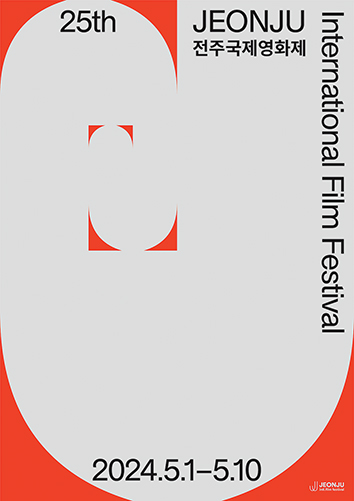
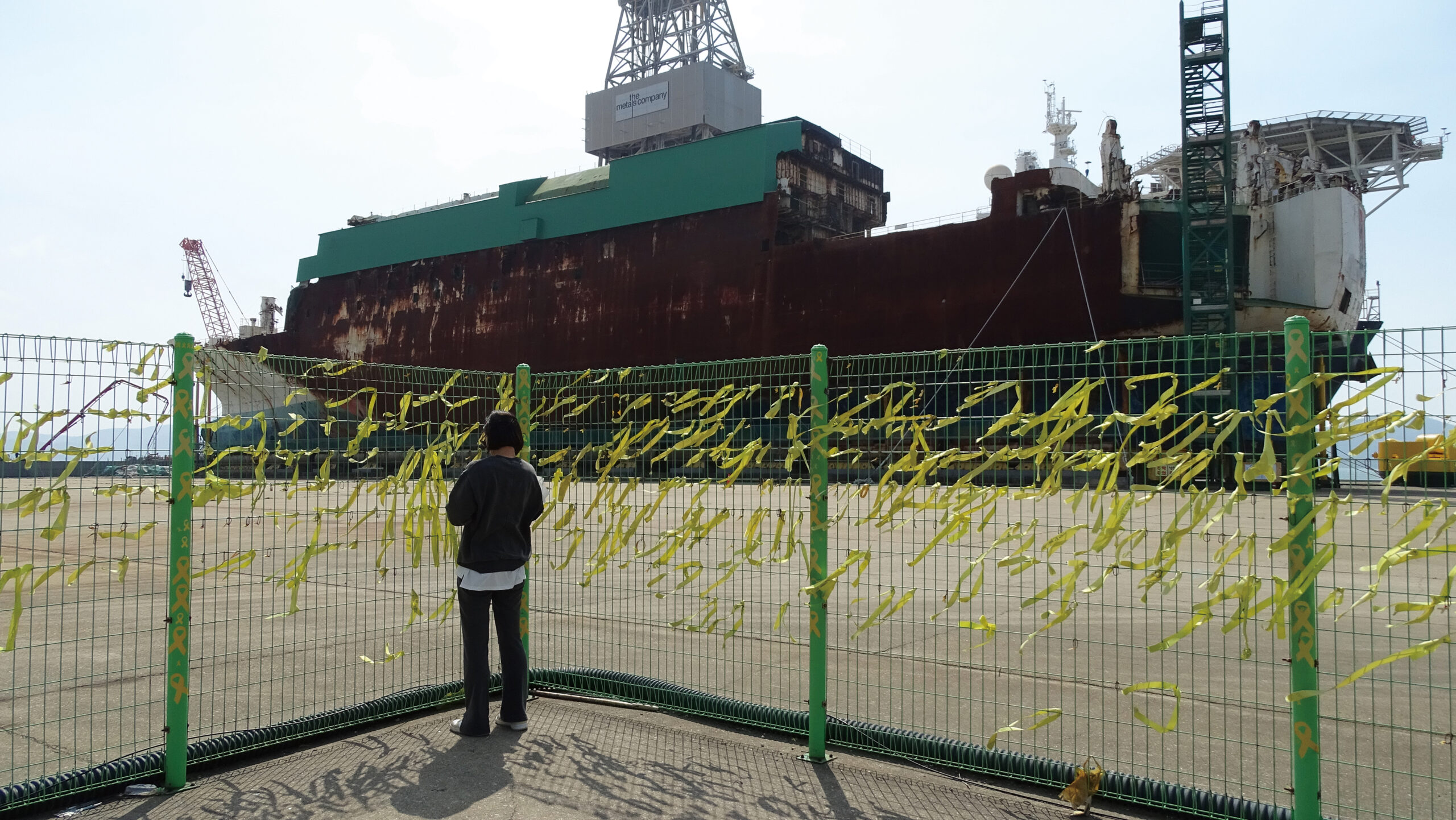
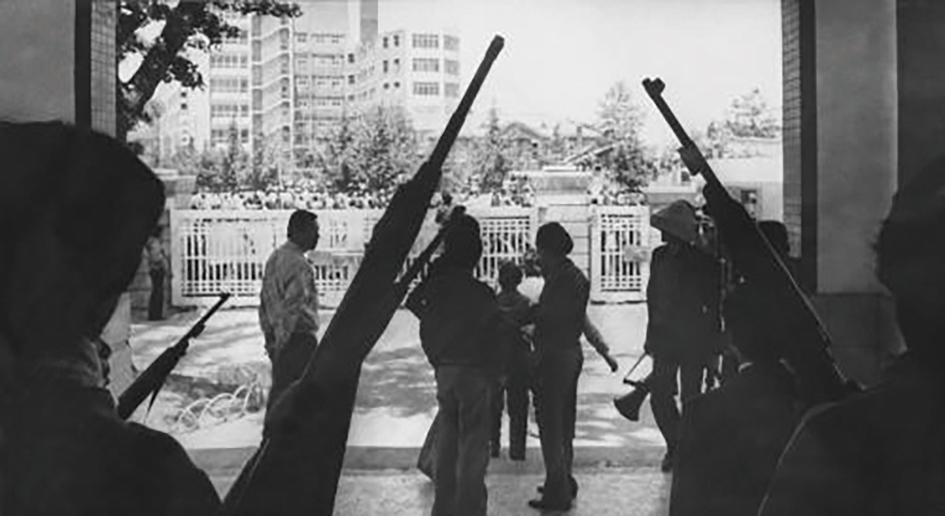

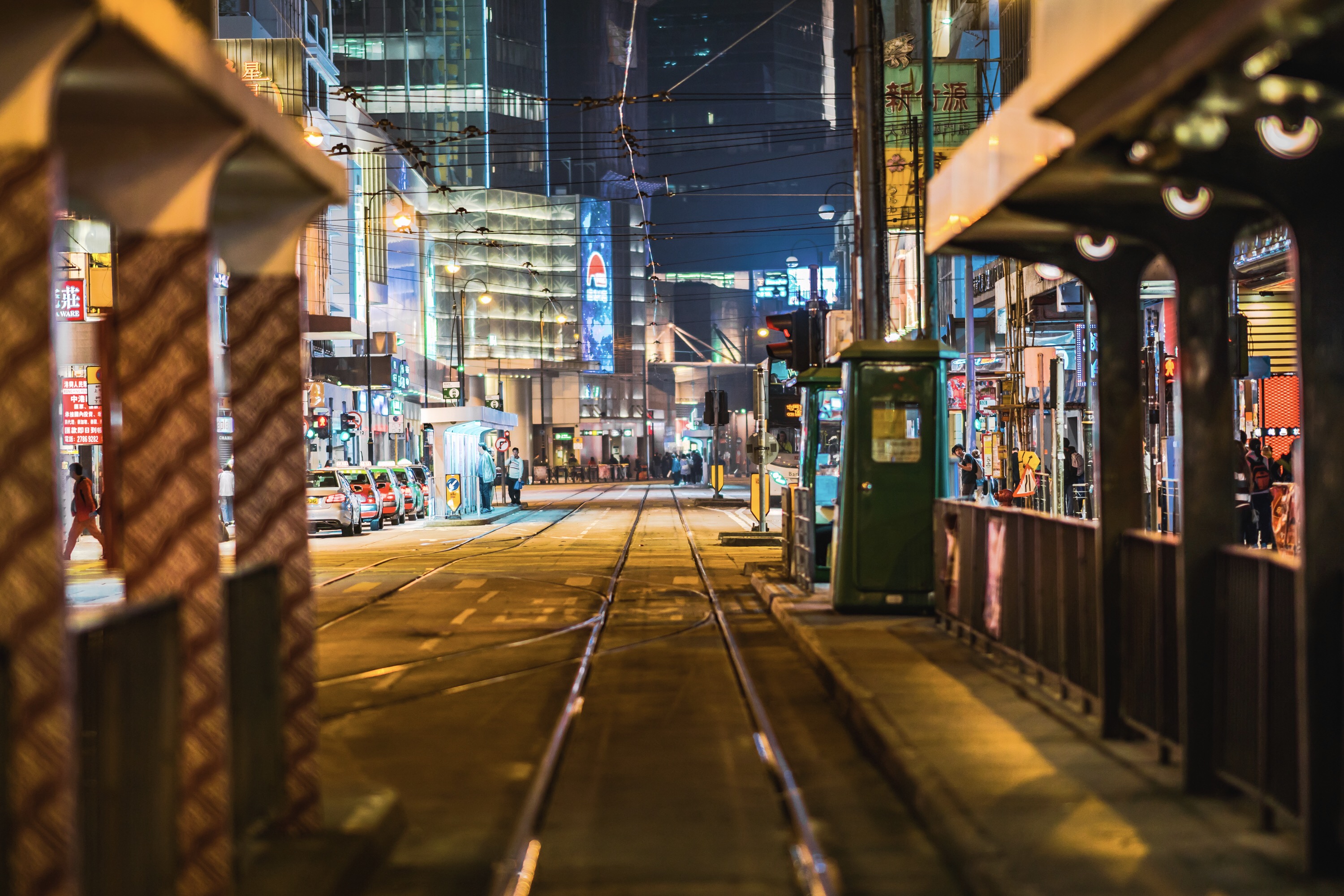
Thank you for your informative article. I did not know why the bill was introduced. I only understood why it can be a problem. You presented a balanced viewpoint by a careful assumption of the number of participants on the street demonstration.